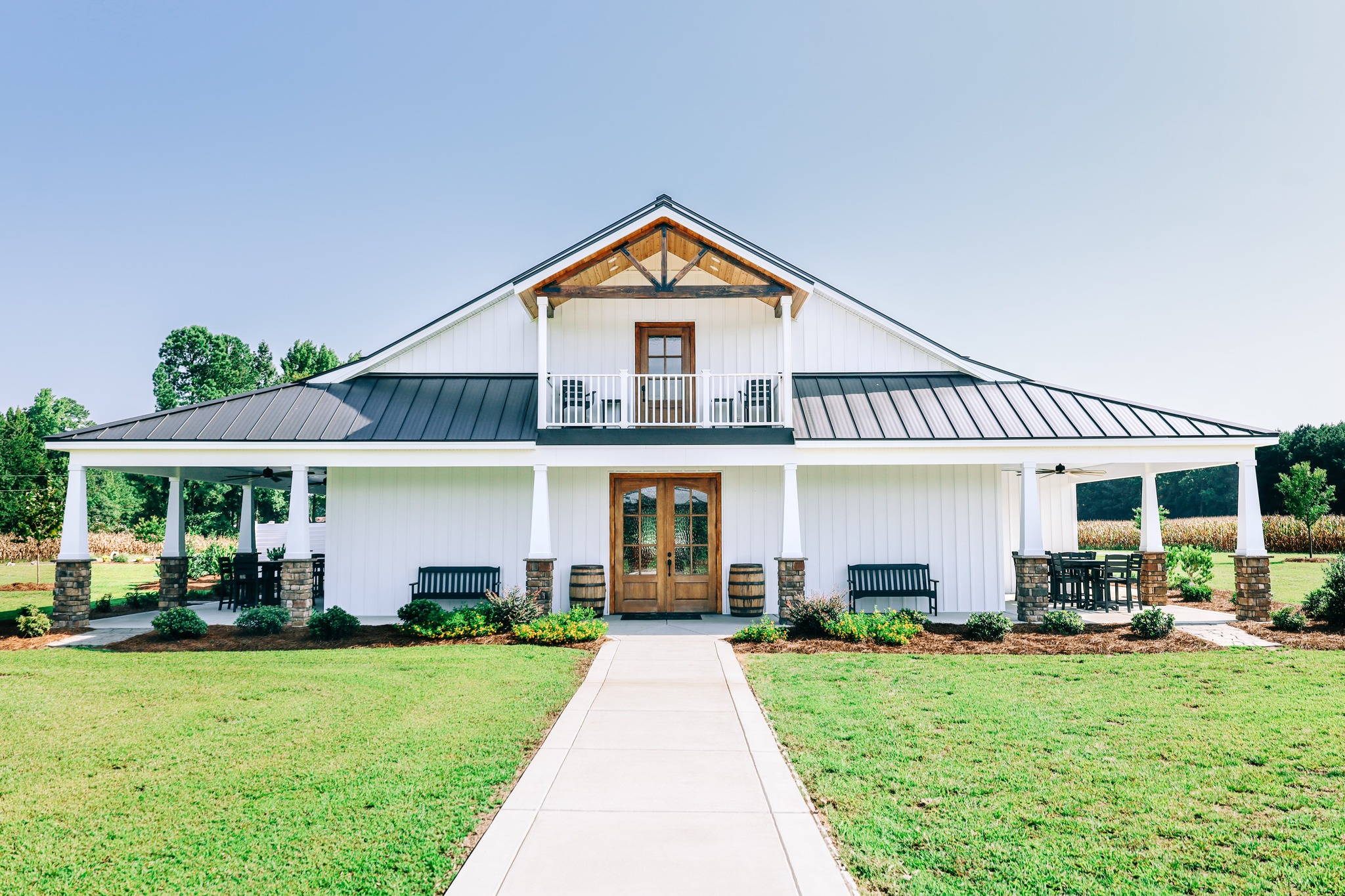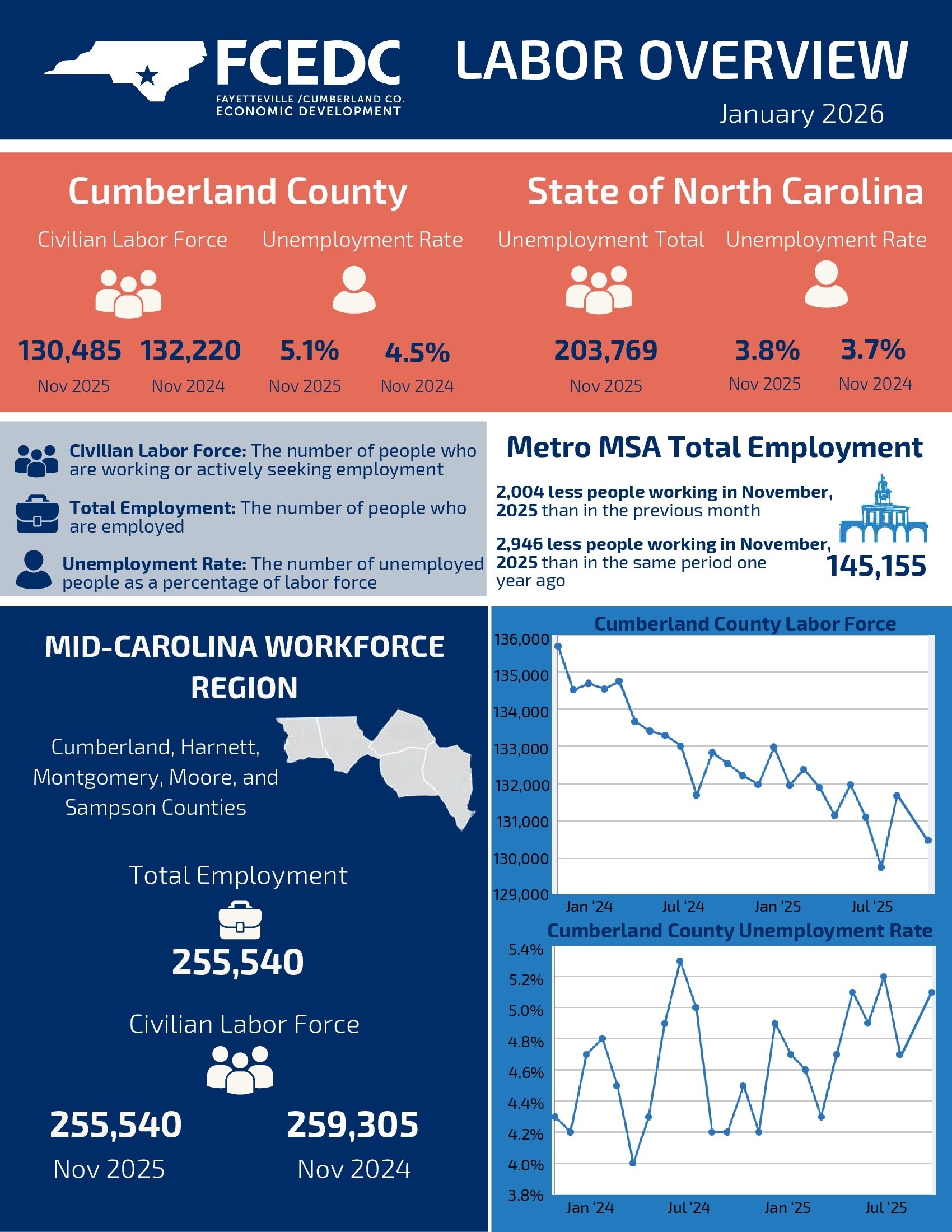Colorectal cancer is one of the most common cancer diagnoses for men and women in the United States, but it can be very successfully treated when caught early. Despite this, colorectal cancer continues to be the second most common cause of cancer death in the country, according to the American Cancer Society.
This March, which is Colorectal Cancer Month, we have an important message for people who have been putting off their screening: For your health and your peace of mind, get screened sooner rather than later. You should also understand how to best use your health insurance plan’s coverage for preventative screenings.
For people who are in good health and at average risk, the American Cancer Society recommends screening beginning at age 45 and then once every 10 years if there are no other indications. After age 75, screening becomes something that should only be done as needed, based on individual circumstances and health history.
Colorectal cancer starts in the colon or the rectum, and often produces no early symptoms. Most colorectal cancers start as a polyp, a growth on the inner lining of the colon or rectum. The gold standard for screening for these polyps is a colonoscopy because during the procedure, if a precancerous polyp is found, it can be removed. Symptoms of colorectal cancer include new abdominal pain or weight loss, blood in or on the stool, as well as other changes in stool and bowel habits.
African Americans are at increased risk for colorectal cancer, though socioeconomic disparities may play a role in the increased risk. Decreased access to care, and failure of early detection and treatment means worse outcomes. African and Hispanic Americans are less likely to be able to get prompt follow-up after an abnormal screening result, so they are more likely to be diagnosed with late-stage cancer.
However, with regular screenings, colorectal cancer is one of the most preventable forms of cancer, because we can remove the precancerous lesions before they turn into cancer. Everyone should follow the guidelines and get their screenings starting at age 45.
People should try to get a colonoscopy, because it’s the only screening that is also preventative. However, any screening is better than no screening at all. There are several types of non-invasive screening kits that are marketed to the public. These are only for people who are at average risk.
It should be pointed out that when at-home screening kits are positive, that indicates that a colonoscopy is still needed. If a person has used an at-home test, then the follow-up colonoscopy is often no longer covered as a free annual screening under their insurance. If the patient initially undergoes screening with colonoscopy, then that is considered preventative screening and is fully covered by most insurance.
The cost for one colonoscopy every ten years is less than three at-home test kits in the same period. The at-home tests are only good for three years before you need another one, because they are not as good of a screening tool as a colonoscopy.
It’s understandable why most people aren’t excited to get a colonoscopy, but there is good news for people who have been avoiding getting screened because of fear of the procedure: The preparation process for colonoscopies has gotten a lot better than it used to be. The anesthesia we use is much better, too. Just like other screening measures to keep you healthy, remember to get a colonoscopy when it’s time. This is one of few tests that have been shown to prevent cancer. Unfortunately, only 30 to 40 percent of patients who are eligible for colorectal cancer screenings are actually being screened.
The COVID-19 pandemic has resulted in many elective procedures being put on hold, and this has led to a substantial decline in cancer screening. Healthcare facilities are providing cancer screening during the pandemic with many safety precautions in place. Talk to your doctor about what steps you can take to plan, schedule and get your regular cancer screenings.

Owners Dana and Tracy Horne planted their vineyard in 2009. In 2019, they introduced their u-pick vineyard, and visitors loved the addition. They’ve also added a 4,608 sq ft. venue available to rent for events. Photo by Emily Grace Photography.Twiste

Mayor Elmore saw the necessity for this land acquisition when he first took office six years ago. The land owner recently came around to negotiations on the condition the sale was for all of his parcels. This is more land than the City of Dunn curren

While the weather outside is cold, the local job market is hot. Fayetteville employers continue to bring on additional talent across a variety of industries.Quality employment opportunities are available at companies across Fayetteville and Cumberlan